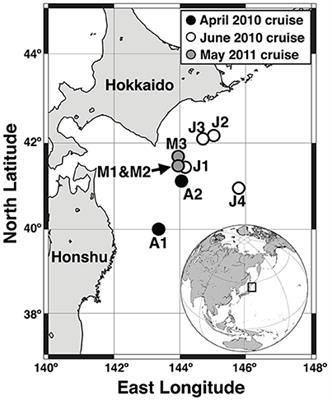EDITORIAL
Published on 08 Aug 2018
Editorial: Microbial Exopolymers: Sources, Chemico-Physiological Properties, and Ecosystem Effects in the Marine Environment
doi 10.3389/fmicb.2018.01822
- 3,060 views
- 17 citations
19k
Total downloads
107k
Total views and downloads
Select the journal/section where you want your idea to be submitted:
EDITORIAL
Published on 08 Aug 2018
REVIEW
Published on 26 May 2017

ORIGINAL RESEARCH
Published on 21 Apr 2017

ORIGINAL RESEARCH
Published on 30 Mar 2017

ORIGINAL RESEARCH
Published on 28 Mar 2017

ORIGINAL RESEARCH
Published on 27 Feb 2017

ORIGINAL RESEARCH
Published on 31 Jan 2017

ORIGINAL RESEARCH
Published on 31 Jan 2017

ORIGINAL RESEARCH
Published on 13 Sep 2016

ORIGINAL RESEARCH
Published on 04 Aug 2016


Frontiers in Marine Science